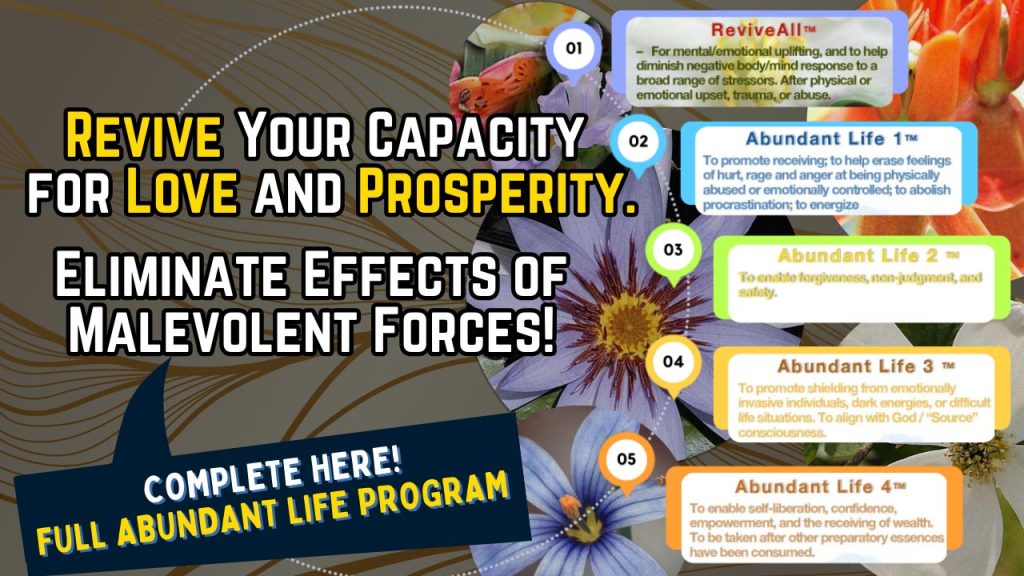
by: Vicki Batts
(Natural News) We’ve all heard about how rising levels of carbon dioxide will bring about the end of the Earth as we know it, but what if that wasn’t actually true? What if carbon dioxide was actually responsible for making the Earth greener and more lush, rather than turning it into the dessert-like, barren landscape we’ve seen in dystopian fiction movies?
Well, empirical data has already shown that the increase in carbon dioxide (CO2) has made our planet greener over the last 35 years. In fact, Earth is so much greener, the increased leaf coverage could cover the continental United States twice over. If you’ve ever traveled across the US, you know that’s no small feat.
Data research led by 32 researchers from 24 different institutions spanning eight countries has found that about 70 percent of these gains in green space are due to the rise in CO2 levels.
In spite of these obvious facts, many climate change activists continue to rely on hypothetical scenarios rather than the raw, real-world data sitting right in front of them.
As Mike Adams reports, right now the global CO2 level is actually at a record low of about 400 parts per million. In the not-so-distant past, Earth’s CO2 level was as high as 7,000 parts per million.
Adams explains further that the motives behind the forces driving supposed “climate change activism” are not as pure as the mainstream media purports them to be. As Adams writes, “Much like everything else pushed by scientifically illiterate bureaucrats and globalists, climate change is a global narrative of the destruction of life. If the climate change terrorists achieve their goals, they will DESTROY the planetary food chain and plunge all life on Earth — including human life — into a mass die-off.”
Reducing the amount of carbon dioxide in the atmosphere is not the way to “save” the planet, especially given that it has contributed to the increased green space across the planet more than any other factor. The second highest contributor, nitrogen, is only estimated to be responsible for about nine percent of plant growth — which pales in comparison to CO2’s 70 percent. Without CO2, food crops collapse, leading to mass starvation.
A wetter, greener planet means one thing: More plants, more biodiversity, and most importantly, an increased ability to sustain life for both humans and other animals. In other words, more CO2 could actually help to solve many of the problems plaguing nations across the globe. As Popular Technology explains, many people are confounding carbon dioxide with carbon monoxide and other types of air pollutants that come from factory fumes and car exhaust. Real air pollution may be a problem, but regulating and reducing CO2 will not offer relief from this issue.
Adams is not alone is his conclusion that CO2 is essential to plant life — and subsequently, human survival. Roy Spencer, who holds a PhD in Meteorology and is a Former Senior Scientist for Climate Studies at NASA commented, “It turns out that most vegetation is somewhat ‘starved’ for carbon dioxide, as experiments have shown that a wide variety of plants grow faster, and are more drought tolerant, in the presence of doubled carbon dioxide concentrations. Fertilization of the global atmosphere with the extra CO2 that mankind’s activities have emitted in the last century is believed to have helped increase agricultural productivity. In short, carbon dioxide is a natural part of our environment, necessary for life, both as ‘food’ and as a by-product.”
As you may have already guessed, “saving the planet” is likely just a ruse to encourage global cooperation, but the truth is that reducing carbon dioxide in the environment will have disastrous effects for the average human. But for tyrannical, power-hungry globalists, reducing CO2 levels is integral: After all, he who controls the food supply, controls the people. Reducing the food supply is a sure-fire way to get people to bow down and accept the “New World Order.”
Sources:













